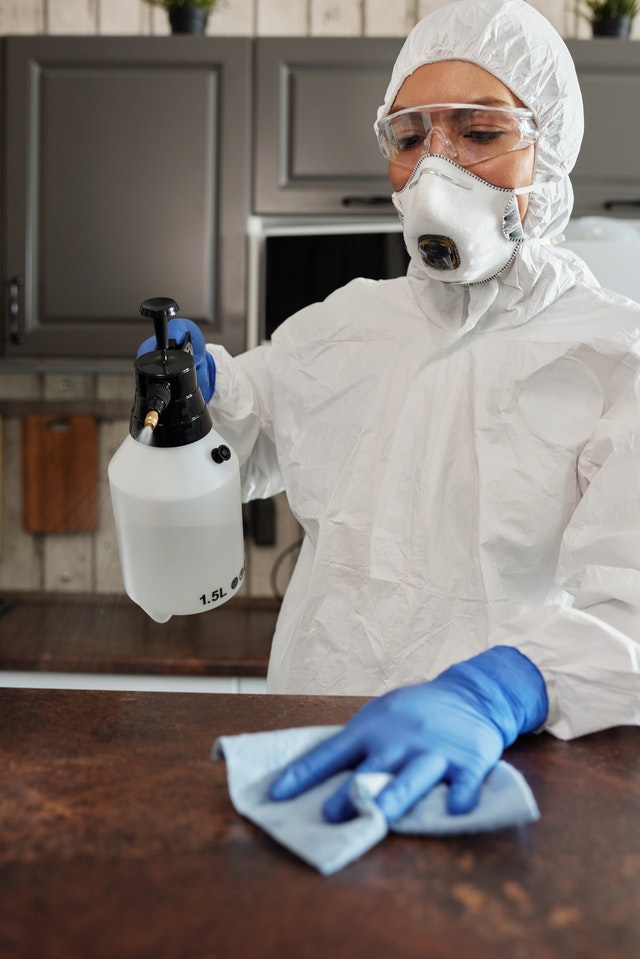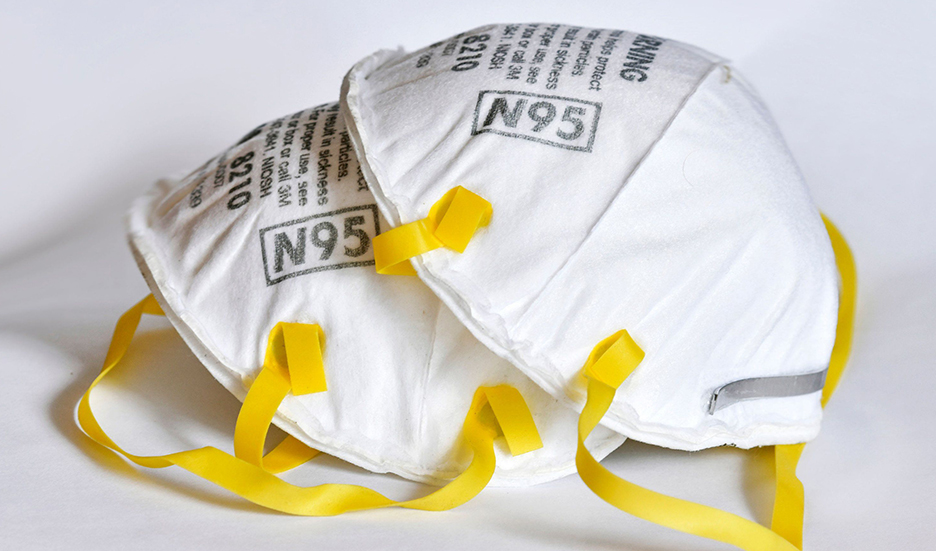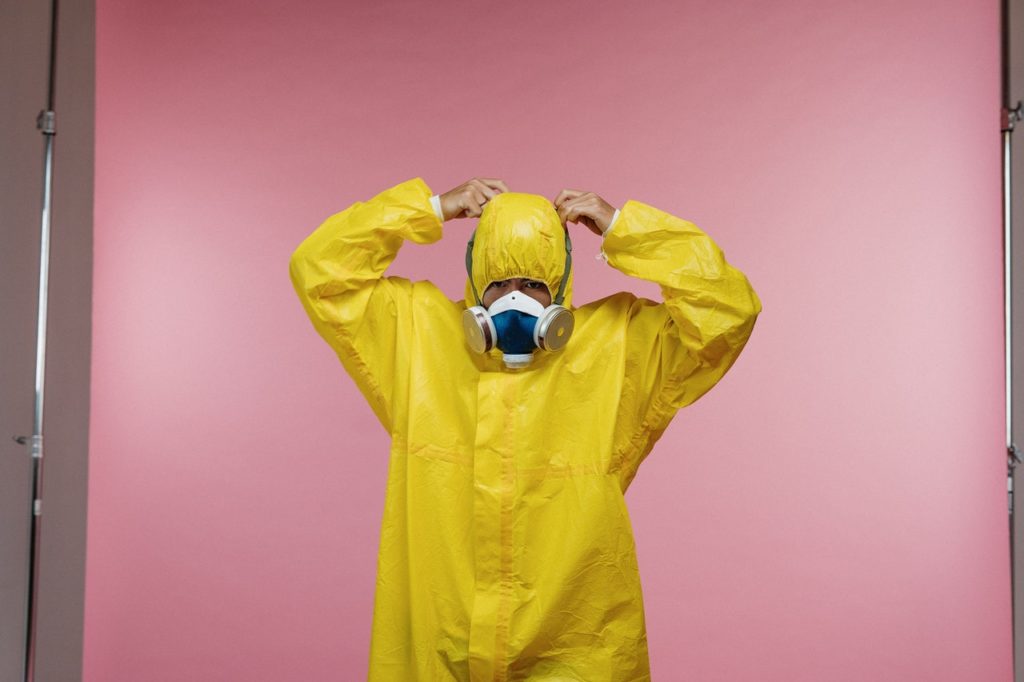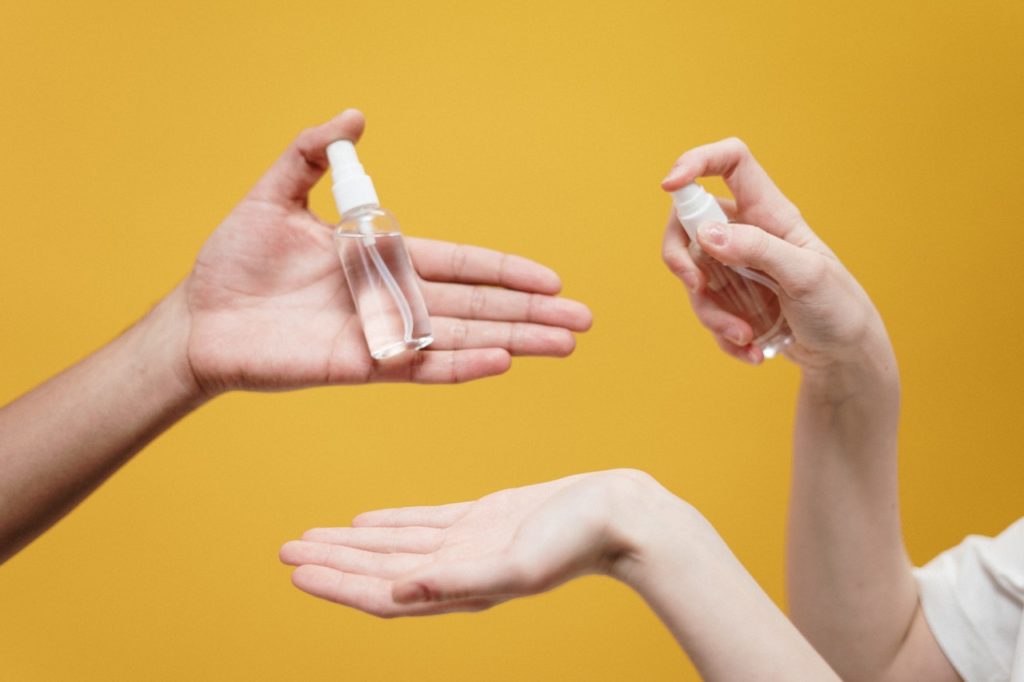While most of the world was grappling with the reality of a pandemic claiming lives, devastating public health, and crashing economies, criminal groups saw an opportunity to turn the tides in their favor. Across many places in early 2020, the prices of essentials such as face masks and hand sanitizers spiked by as much as 200%. Demand overrode supply by far and these items became a luxury to find and afford. Other personal protective equipment, as scarce as they were, could be sourced at prices 50-100% higher than normal.
This economic situation created the perfect avenue for counterfeiters and patent infringers to thrive at the highest potential – especially when governments made the use of safety items such as masks compulsory in many countries. As the store shelves ran empty, suppliers were locked out of countries due to travel restrictions, and people were willing to give anything for protective materials to be made available again.
As expected, fakes filled the markets and demand slowly began to recede. Especially in third-world countries, thousands of people complained of sanitizers burning the skin, masks with no filters, gloves that ripped within a minute of use, and medical practitioners were supplied substandard Hazmat suits that didn’t meet the strict industry-stipulated requirements. While the counterfeit prices weren’t as affordable as they before the pandemic, they were cheaper than the originals and over time, consumers began to specifically seek out cheap quality over standard materials. Many of these products are unbranded and despite merchandise protection efforts in many locations, they still flooded the pharmacies, local drug stores, and online marketplaces.

A significantly outstanding case of safety gear counterfeiting was witnessed in India, where the highly unregulated trading atmosphere has made it especially easy for fake products to thrive. According to the Central Bureau of Investigation, India’s premier investigation agency, counterfeiters were using highly toxic substances to manufacture sanitizers and most people would fall into these scams following advance payments on rogue websites.
Copycat websites were a major issue for the United States. Hundreds of fake websites sprung up and still exist where people make payments and order batches of face masks, gloves, and sanitizers that may never be received. Some of the websites are created with such sophisticated automation technologies that they’d dissolve, vanish, and resurface with a different URL following every single verified purchase made.
“Because of the demand for PPE and things like hand sanitizer and toilet paper, we have a lot of people putting up websites purporting to offer those products. One of the things we see is where they essentially copy a legitimate website,” said Todd Kossow, director of the Federal Trade Commission in the Midwest. “The warning is really the same we give for any online shopping. It’s really easy for somebody to set up a website and purported to be a legitimate online merchant. Consumers should do their homework before they purchase something.”a
How to identify a fake N95 mask

The most available brand of N95 face masks is 3M, an American multinational business conglomerate and manufacturing company. However, in the wake of the COVID-19 outbreak, the company reported a spike in instances of fake cup-shaped N-95 respirators filling the markets, endangering people’s lives, and cutting into the company’s revenue pool as distribution channels continue to emerge in every part of the world. N95 masks have always been counterfeited but the pandemic caused exponential spikes in piracy figures.
Designed with special materials and filters, these masks are intended to prevent the spread of the virus and protect the wearer. Substandard N95 masks endanger the lives of users and ultimately damage the genuine company’s reputation. Many health workers have reported cases of being compelled to work with fake face masks due to the unavailability of original products.
Some guidelines are stated below on how to identify fake N95s, according to 3M.
- The printing on the mask would smear when wiped with alcohol.
- It has a strong chemical odor – something in the likes of urea or ammonia.
- The straps are too loosely attached or made of weak material.
- The mask is constructed out of thin, tissue-like filters and materials.
- Un-matching lot numbers on the box and mask.
- The mask does not fit – too small or too big.
How to identify fake Hazmat Suits

Short for Hazardous Material suits, a Hazmat suit is defined by The United States Department of Homeland Security as “an overall garment worn to protect people from hazardous materials or substances, including chemicals, biological agents, or radioactive materials.” They come in various types and specifications, depending on the purpose of an outing and the possible level of harm. The suits worn by firefighters are a lot stronger and made with more refractory material than those worn by bio-agent personnel.
With regards to the pandemic, many health workers have a hard time believing in the existence of counterfeit Hazmat suits. However, there is very little beyond the capability of Chinese counterfeiters with sophisticated factories and substandard raw materials.
Some guidelines are stated below on how to identify fake Hazmat suits:
- Check the porosity. Some Hazmats are air-tight but a suit intended for use within proximity of a bio-agent should not be breathable.
- The attached gas masks may have rough markings around the openings. This is a sign of poor factory work and weak manufacturing standards.
- Check the body of the suit and attempt to confirm the serial number with the acclaimed manufacturing authorities. If it’s a fake, you won’t get past the first step as any attached website would most likely be defunct.
- The suit is either too unreasonably large or too small.
- The width of the suit is too tight. An original Hazmat suit should have enough room left for any body size.
How to identify fake hand sanitizers

Hand sanitizers are another gold mine for counterfeiters. The World Health Organization and other health regulatory bodies have ruled that standard hand sanitizers must contain at least 70% alcohol. Many counterfeiters would produce a version with as low as 40% alcohol and a generous supply of nitrogen oxide for the maximum cooling and quick-dry effect. People would end up inadequately sanitizing their hands against a powerful droplet-transmitted virus.
Below are guidelines for identifying fake hand sanitizers:
- Its alcohol content is less than 70%
- It has a foul odor such as urine, ammonia, or burning paper.
- It has extremely fragrant. Some hand sanitizers are made with fragrances but when t overwhelming, it becomes a red flag.
- It lacks manufacturing and expiry dates. No authentic manufacturer would bottle and package hand sanitizers for commercial sales without these important dates.
- It lacks a serial number or a QR code.
- It does not pass the hairdryer test: The hairdryer test is based on the principle that the boiling point of the sanitizer if it contains sufficient alcohol (78 degrees Celsius) will be reached faster than that of ordinary clan water (100 degrees Celsius). Scoop a tablespoon of sanitizer into one bowl and a tablespoon of clean water into another bowl. Heat a dryer and separately target each bowl for at least 30seocnds. If the sanitizer dries up more significantly compared to the water, then the alcohol content is appropriate. If only a little dries up, it most likely has an insufficient alcohol content.

